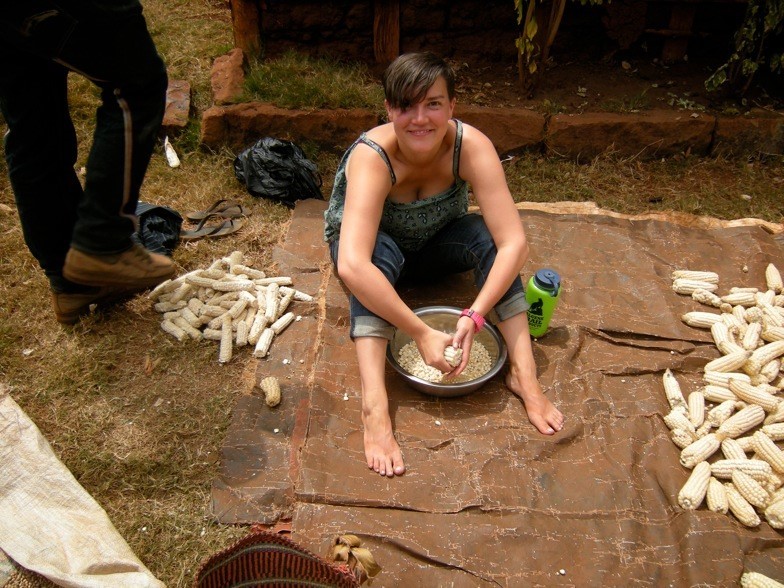Gaylean: Fighting Gendered Stereotypes
Before beginning my undergraduate degree in psychology, I worked and travelled extensively, encountering people from different cultures, classes, ethnicities, and with worldviews dissimilar to my own. In seeking to better understand human beings, I eventually decided to study psychology and specifically to consider the social and cultural aspects of the discipline. As I proceeded through my degree, I began to focus on the psychology of gender and understanding how the lived experiences of women and girls could be defined, in part, as a function of their sex and the socially constructed roles, norms, and stereotypes assigned to them. I was keen to understand how these stereotypes and norms were formed and, importantly, how they could be studied and challenged.
To that end, as I was completing my bachelor’s degree, I took part in a psychology course, which included an international placement working on a girls’ empowerment program with a partner organization in Kenya. The organization was looking for a tool to evaluate their program, which was designed to provide girls with leadership skills and financial literacy training, and to improve their self-esteem and knowledge of gender stereotypes. For example, girls in Kenya are often not raised to believe that they are as smart or capable as boys, that girls can make good leaders, or that they should have a say in making decisions in relationships. For the evaluation tool, my placement partner and I worked with the organization to take these gendered stereotypes and ask girls involved in the program whether they felt as smart as boys in their schools, for example, or whether they felt able to speak up in relationships. Through understanding the social-psychological science behind the construction of gender, I was well-placed to assist the organization in accessing and understanding girls’ experiences and to understand the contribution their program was making to girls’ lives.
Through further studies after my bachelor’s degree, I have continued to focus on girls and women. In particular, I have studied how adolescent girls’ access to education in Ghana is either constrained or facilitated by the relative conservative or liberal gender norms of both them and their parents, over and above the often-considered effects of wealth or geographical location. These norms, linked to stereotypes and typical understandings of characteristics certain people should display, at times serve to define women and girls as wives and mothers—roles not necessarily requiring formal education. The effects a lack of educational access has on girls and their communities are varied and vast—a consequence of societal structures and beliefs linked to girls’ abilities and expectations of their freedom and agency. Although my studies have diverged from the discipline of psychology, my early understanding of these concepts continues to weave through my interests today, both in academia and beyond.
